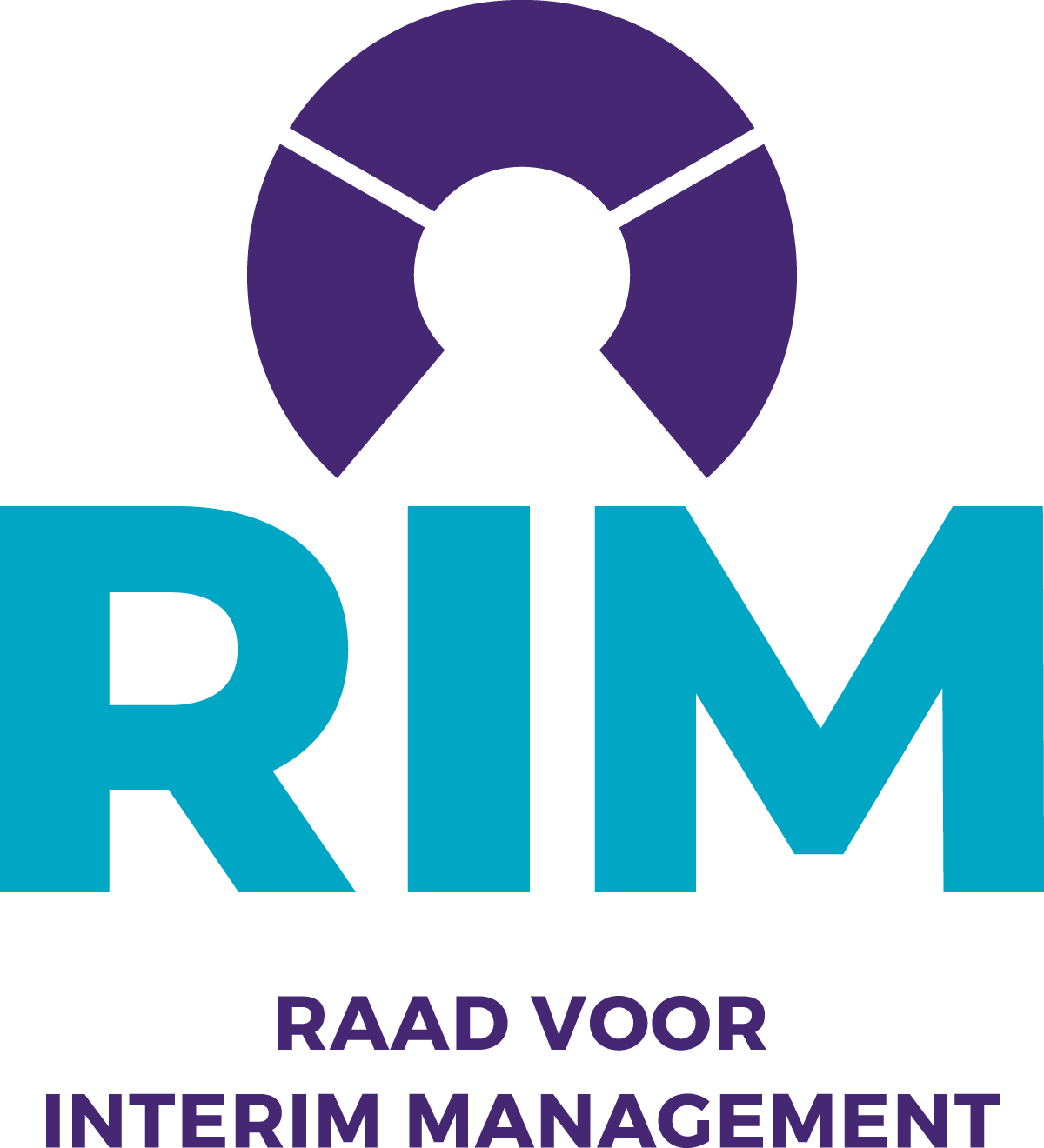Transforming social organizations
Transforming a social organization is not as easy as making a turnaround in a privately-owned company. What are the blocking factors and what are the levers to make a successful change? The following case and some other examples from Dutch healthcare might answer these questions.
Changes in the Dutch healthcare system: less money, more participation of clients. Care for the elderly, youth and mentally disabled people in the Netherlands is facing a huge challenge. Compared to other European countries, the Dutch have far more institutionalized care. Because of our aging population, big reforms are necessary to guarantee financial sustainability of the system. Central government did so and made a blend of decentralizing – allocating responsibilities and budgets to local governments, budget cuts and a policy of letting clients and their caregivers 'participate' more. The latter means: do more yourself. Of course in the long run, technology will help to innovate care processes. In the Dutch healthcare system, there is not one clear party holding the power to initiate and coordinate these kinds of reforms, like the NHS in the UK or other caregivers, as we saw in the USA when we visited Kaiser Permanente. Without a clear leading party, a difficult game of cooperating individual institutions remains. One of our clients foresaw all these changes and started a project in the middle of 2012 to redefine their vision and strategy. It is an institution for housing and caring for mentally disabled people, with a turnover of around € 110 million and 2,000 employees.
...................
Read more>>


